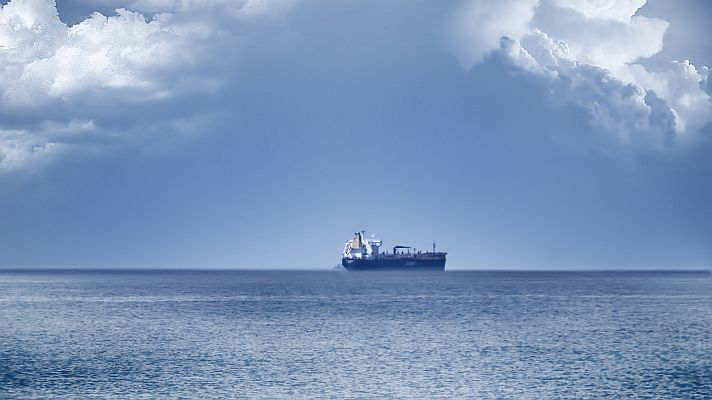New MARPOL amendments adopted by Resolution MEPC.286(71) include two new emission control areas (ECAs) for NOx, and amend the information to be included in the bunker delivery note (BDN).
In addition, a new IMO circular has been issued with guidance for making a ship-specific implementation plan. In a new statutory news release, DNV GL explains what the consequences of these amendments are.
Amendments to Regulation 13 of MARPOL Annex VI (NOx)
The Baltic Sea and North Sea ECAs, currently ECAs for SOx, will be extended to also cover NOx. As of 1 January 2019, all the four ECAs under MARPOL will cover both SOx and NOx. This implies that engines with a power output of more than 130 kW, to be installed on vessels constructed on or after 1 January 2021, must be Tier III certified if they are operated inside the Baltic Sea and the North Sea ECAs.
The same will apply for non-identical replacement engines or additional engines installed on existing ships on or after 1 January 2021.
Tier III Requirement Exempts
The amended regulation also temporarily exempts the Tier III requirement to allow ships fitted with dual-fuel engines or with only Tier II engines to be built, converted, repaired and/or maintained at shipyards located inside NOx ECAs.
Amendments to Appendix V of MARPOL Annex VI (BDN)
Regulation 18.5 of MARPOL Annex VI requires ships of 400 GT and above to have on board a BDN which records details of fuel oil delivered and used on board for combustion purposes. The minimum information to be included in the BDN is specified in Appendix V of MARPOL Annex VI.
In Appendix V, the current paragraph:
'A declaration signed and certified by the fuel oil supplier’s representative that the fuel oil supplied is in conformity with the applicable subparagraph of regulation 14.1 or 14.4 and regulation 18.3 of this Annex.'
has been replaced by:
'A declaration signed and certified by the fuel oil supplier’s representative that the fuel oil supplied is in conformity with regulation 18.3 of this Annex and that the sulphur content of the fuel oil supplied does not exceed:
- the limit value given by regulation 14.1 of this Annex;
- the limit value given by regulation 14.4 of this Annex; or
- the purchaser’s specified limit value of _____ (% m/m), as completed by the fuel oil supplier’s representative and on the basis of the purchaser’s notification that the fuel oil is intended to be used:
1. in combination with an equivalent means of compliance in accordance with regulation 4 of this Annex; or
2. is subject to a relevant exemption for a ship to conduct trials for sulphur oxides emission reduction and control technology research in accordance with regulation 3.2 of this Annex.
The declaration shall be completed by the fuel oil supplier’s representative by marking the applicable box(es) with a cross (x).'
Guidance on Implementation of the 0.50% Sulphur Cap
The guidance, which was approved at MEPC.73, was recently issued as MEPC.1/Circ.878. The plan is meant as a tool for the ship in preparing for the 2020 0.50% sulphur cap and may serve as documentation towards PSC when verifying compliance.
It is not a mandatory requirement; however, DNV GL strongly recommends having such a plan. Therefore, DNV GL will launch an electronic application early next year for developing ship-specific implementation plans.
DNV GL Recommendations
- The classification society recommends keeping in mind the amendments to regulation 13 of MARPOL Annex VI when planning for newbuilds intending to operate inside the Baltic Sea and the North Sea ECAs.
- When taking bunkers after 1 January 2019, shipping companies should make sure that BDNs received by the bunker supplier are up-to-date.
- When preparing for the new 2020 sulphur cap, shipping companies should consider keeping a ship-specific implementation plan.








